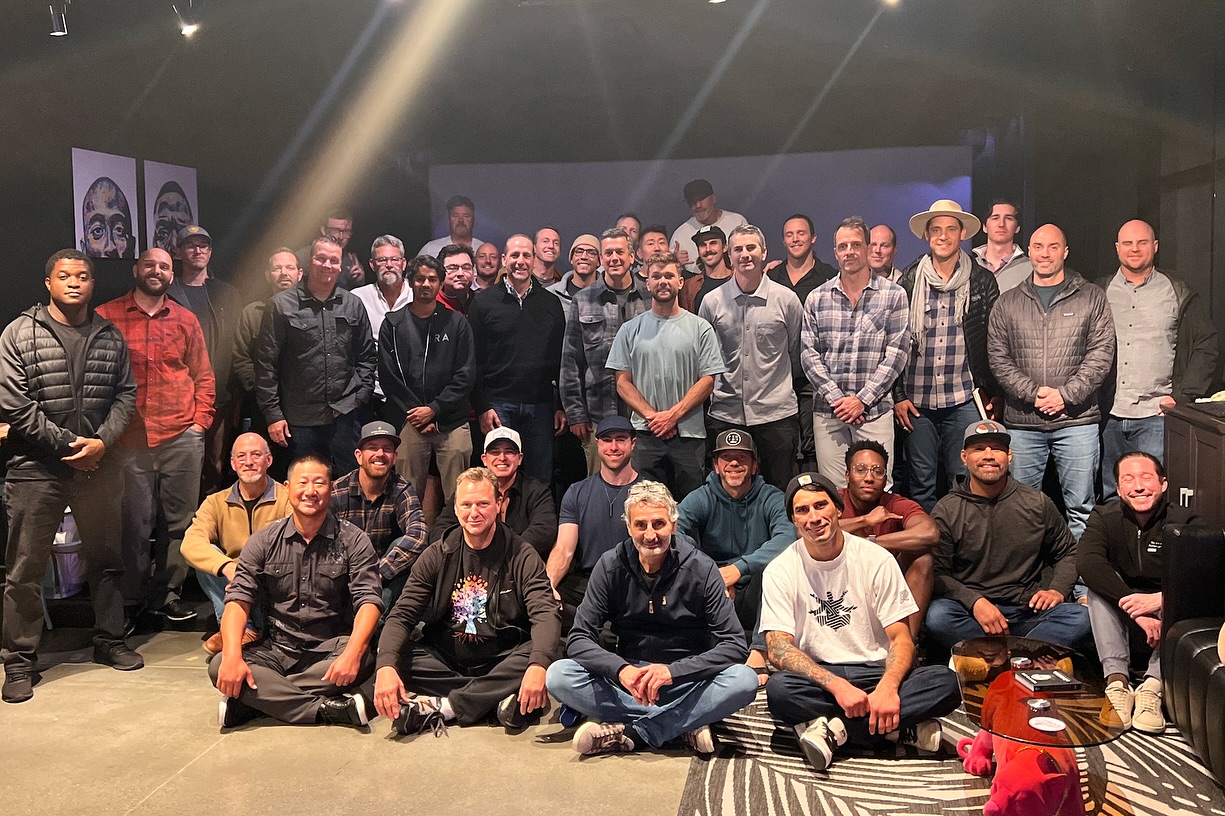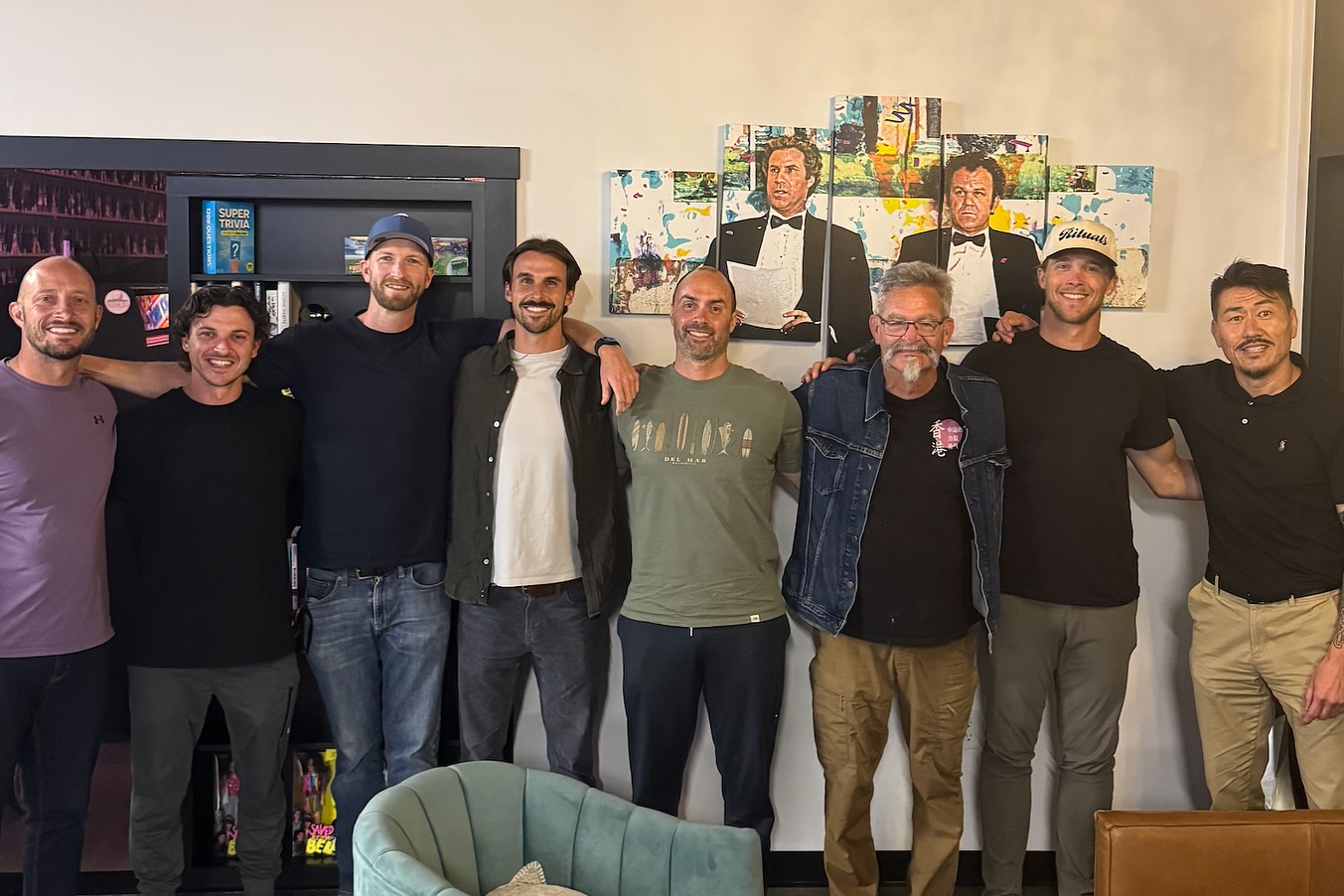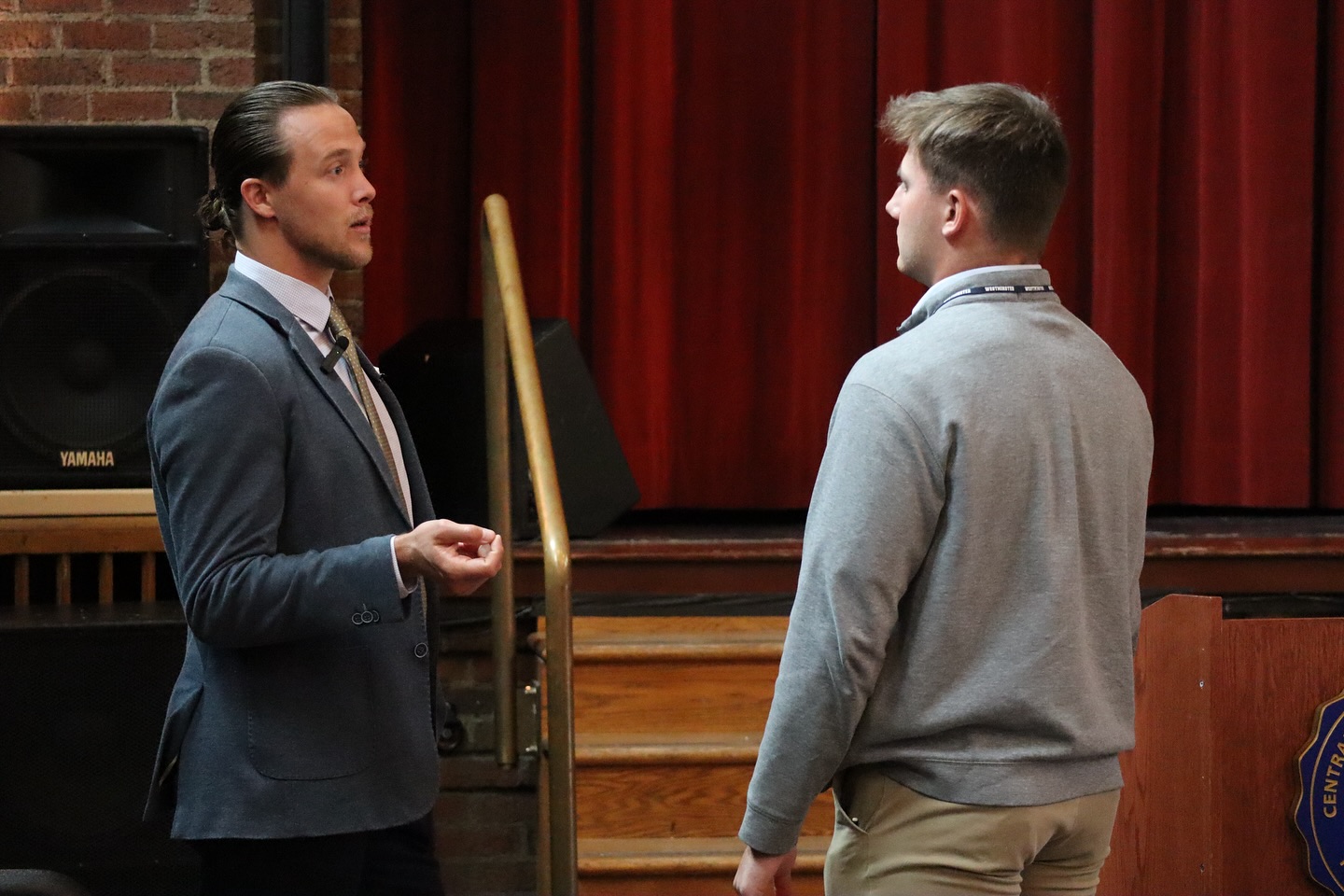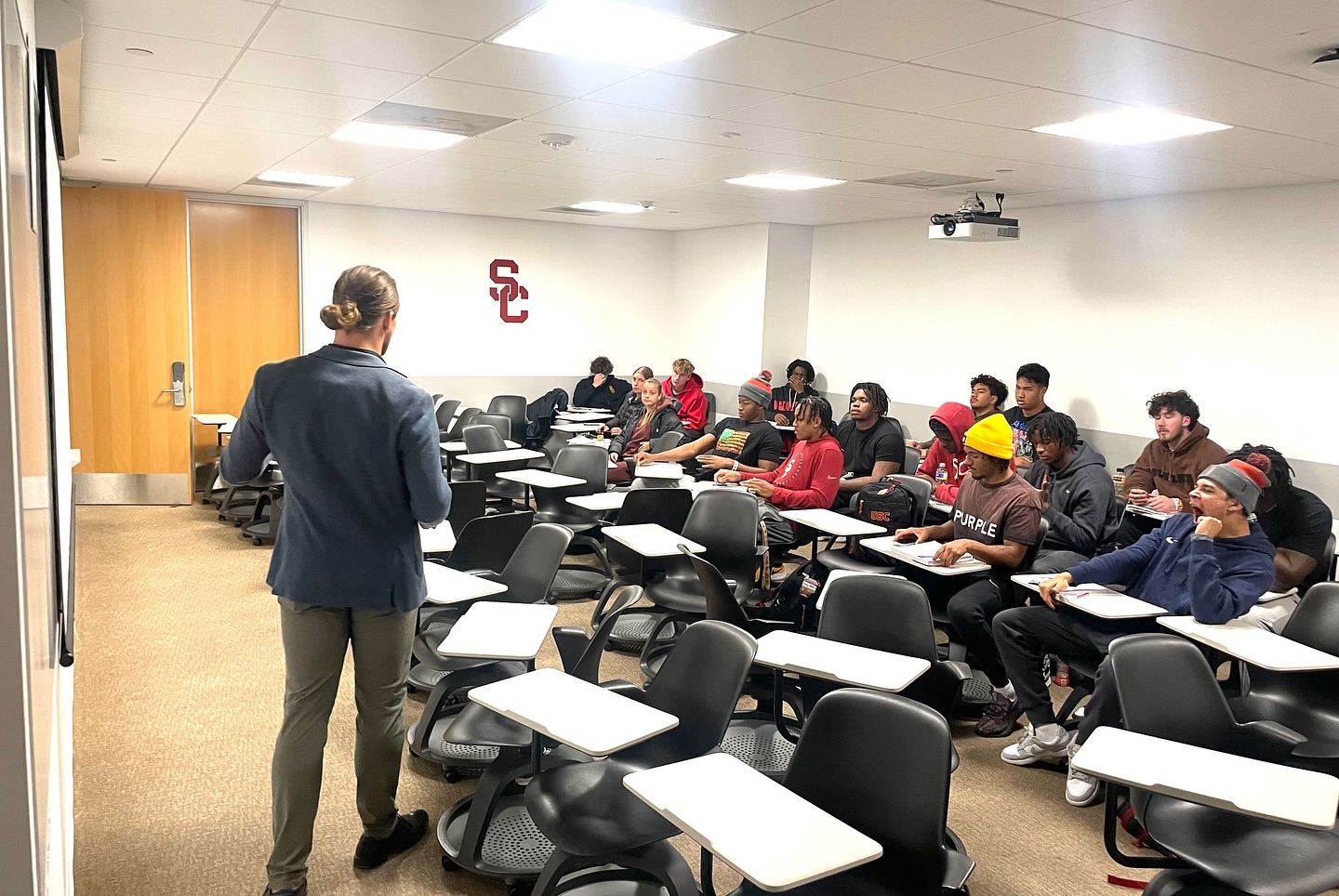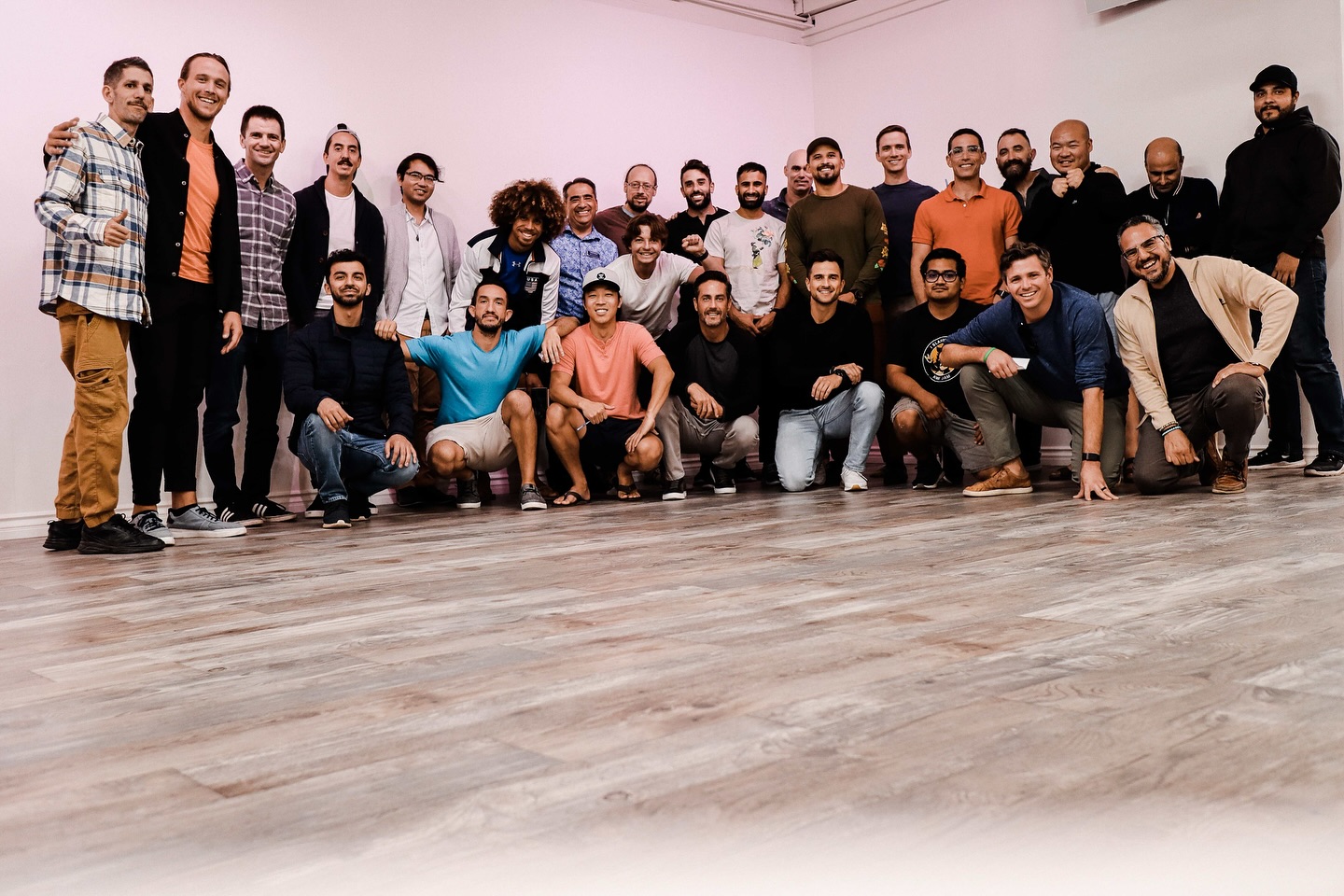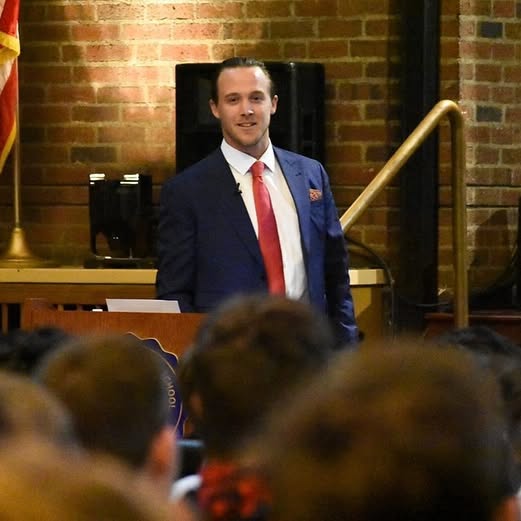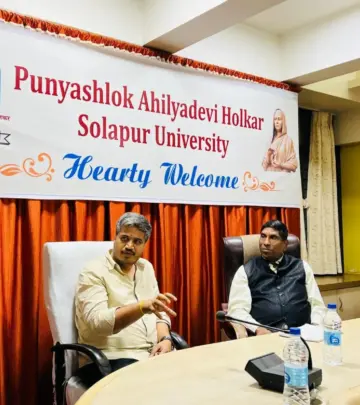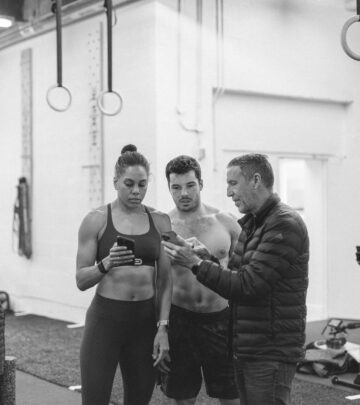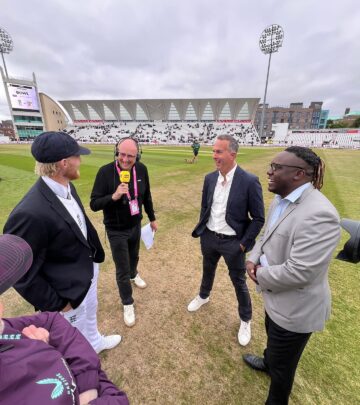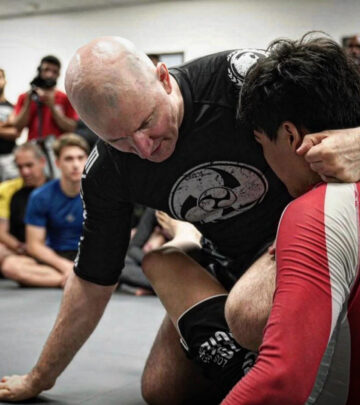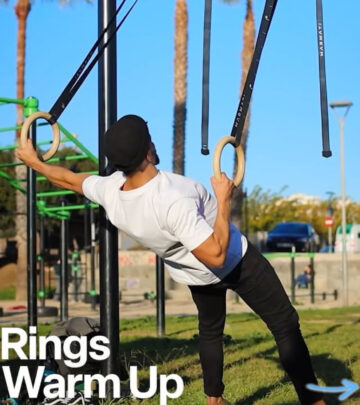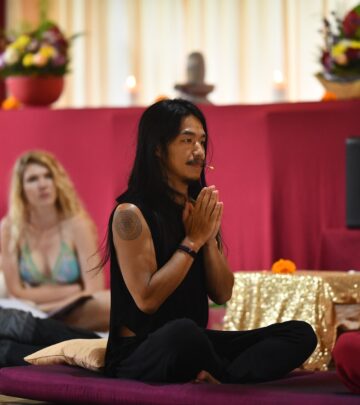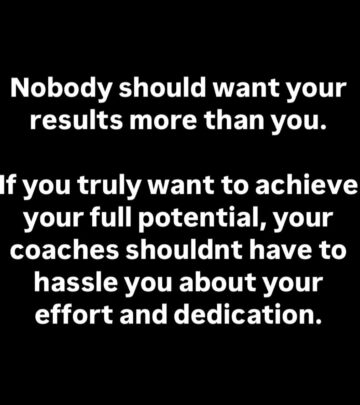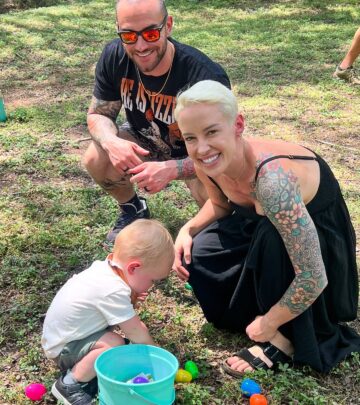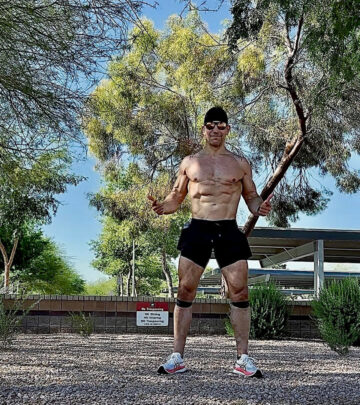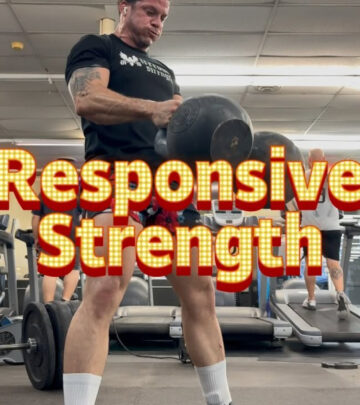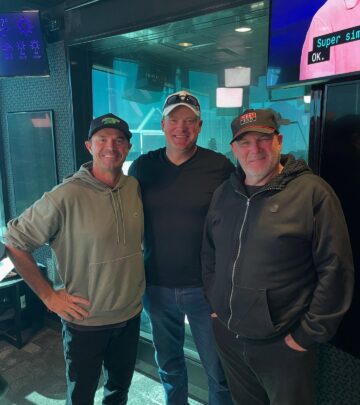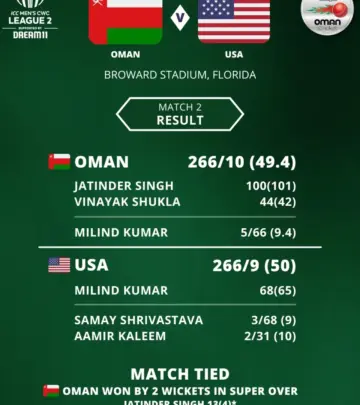Mental Health Talk Inspires Blue Chair Talks Movement
Q Williams spotlights talks that build trust, unity, and clarity amongst athletes daily!!!

Image: Instagram
Yesterday, Quentin (Q) Williams, renowned for his work with men’s emotional intelligence, delivered a compelling talk on mental health among former athletes and high performers at an event hosted by Athlete X. The discussion, centered around a unique initiative he calls the “blue chair talks,” shed light on an often-overlooked aspect of athletic life: the necessity of a safe space to express deeper feelings.
Power Of The Blue Chair Talks
At Hofstra, where one former lacrosse player recounted his experience, the term “blue chair talks” emerged as a designated time for team members to open up about subjects like childhood trauma, parental divorce, grief over lost loved ones, relationship breakups, school anxiety, and other personal struggles. This practice, though surprisingly common in that lacrosse program, is rare among male athletes. While many teams foster competitive spirit and resilience, few create a dedicated environment to address mental health. In the talk, the participant explained that these conversations allowed him to unload the emotional burdens he carried from years of high performance.
Q Williams highlighted, “Most male athletes never have a space like this to open up.” He pointed out that having a judgment-free forum not only helped him get things off his chest, but it also strengthened the bonds among teammates—making them more connected and compassionate. His message was clear: vulnerability, when embraced in a supportive setting, can transform individual wellbeing and build cohesive teams.
Athlete Insights And Broader Impacts
During his presentation at Athlete X, Q Williams stressed that leadership and trust within any group start with openness. He reiterated a timeless leadership lesson: “People don’t trust what they don’t know.” By offering athletes an opportunity to share their struggles, blue chair talks allow them to be seen, heard, and understood. This not only lightens their individual mental load but also fosters an environment where mutual respect and trust can flourish both on and off the field.
The initiative resonated widely. Many former high performers have experienced the pressures of constant achievement without the safety net of candid dialogue. Q Williams, who himself has navigated the transition from competitive sports to emotional coaching, explained that his own journey was fraught with moments of isolation and burnout after years of structured performance. His talk served as a reminder that mental health is vital to achieving long-term personal and professional goals.
Building A Community Beyond The Game
Inspired by his experiences and those he encountered during the talk, Q Williams has extended an invitation to men seeking similar transformative experiences. He mentioned his leadership of the World Class Brotherhood, a community designed to replicate the safe environment of the blue chair talks beyond the locker room. In his words, this community has been a game changer: “More dudes should have. It’s helped astronomically, in every area of my life. I realize I’m not alone.” This initiative offers men a chance to find balance, embrace vulnerability, and ultimately step up as both athletes and leaders.
The broader message of the talk was clear: the world of sports is not just about physical prowess, but also about the inner strength derived from emotional clarity and connection. Not only do blue chair talks help in resolving internal conflicts, but they also pave the way for stronger team dynamics, better performance outcomes, and more fulfilling personal lives.
Echoes From The Past
Reflecting on his own history as a high performer, Q Williams recalled the challenges of transitioning from a life of rigorous structure to one without a clear playbook. In an earlier Instagram post, he described the crushing weight of losing a system of support after hanging up his cleats—a period marked by aimlessness and the struggle to find direction. That transformative phase eventually led him to seek a mentor, adopt new coaching methods, and build a robust support network. His journey from relentless performance to self-acceptance underscores the importance of having dedicated spaces for emotional healing.
The blue chair talks are more than just an anecdote from a lacrosse team at Hofstra; they represent a paradigm shift in how male athletes can approach mental health. By normalizing conversations about personal struggles, Q Williams is advocating for a culture where vulnerability is not a sign of weakness but a stepping stone to authentic leadership and enduring strength.
As the conversation spreads, questions linger: How might the locker room culture evolve with more spaces like these? Could similar strategies benefit younger athletes at the collegiate or even high school levels? Such reflections are part of a larger dialogue about redefining masculinity and fostering a holistic approach to excellence.
This movement encourages us all to rethink traditional notions of strength. When athletes are given room to be human, they not only perform better, but they also lead more balanced, resilient lives—on the field, in the boardroom, and in our communities.
Read full bio of Joyce



